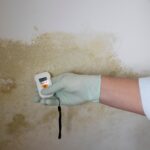Top Benefits of Using a Water Purifier
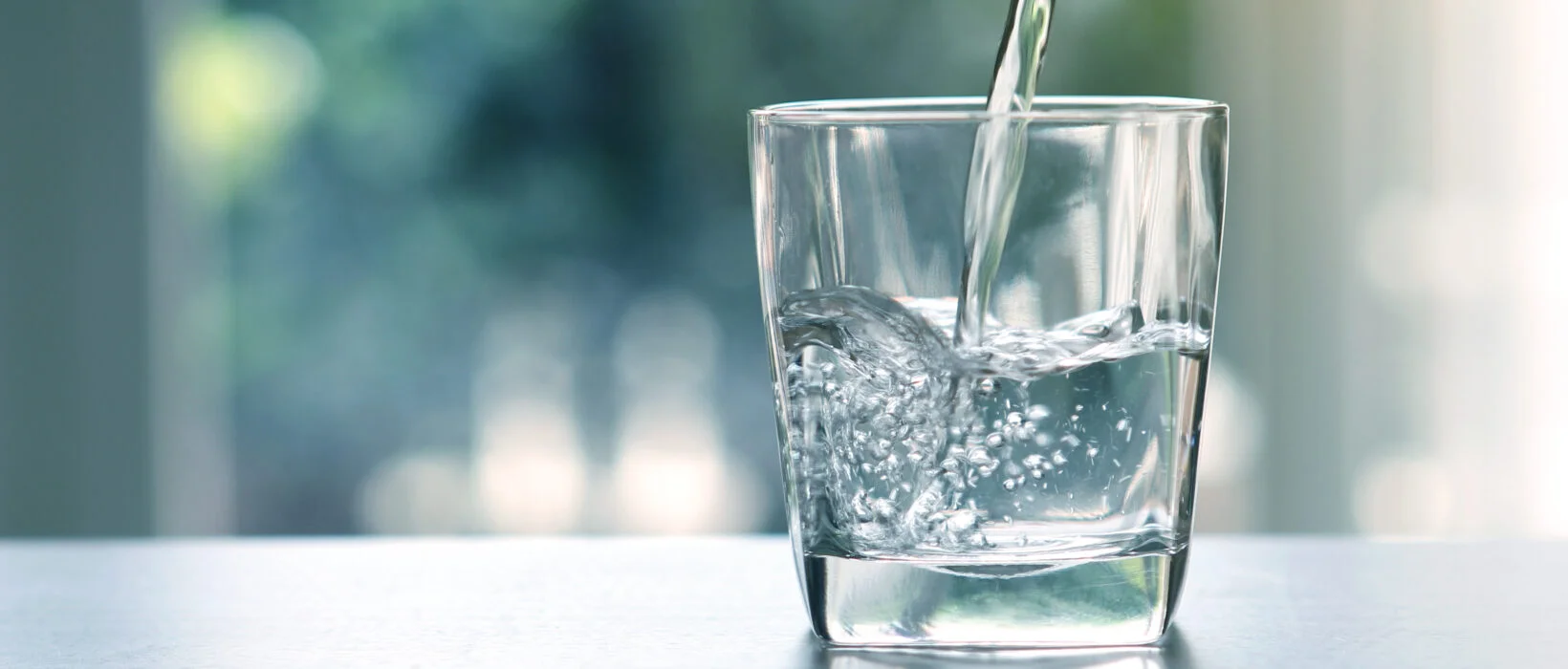
Clean drinking water is essential to staying healthy and feeling good. We use water every single day because it keeps us hydrated, helps our body function properly, and even plays a role in how our skin looks and feels. But the truth is, not all water is as clean as it might seem. Tap water and other sources can sometimes carry harmful things like bacteria, viruses, pesticides, heavy metals, and chemicals. These impurities can cause anything from an upset stomach to more serious health issues.
That’s where water purifiers come in. They remove these harmful substances, making your water not only safer but also fresher and better tasting. Investing in a quality water purifier is a simple way to protect your health and enjoy clean, great-tasting water right at home.
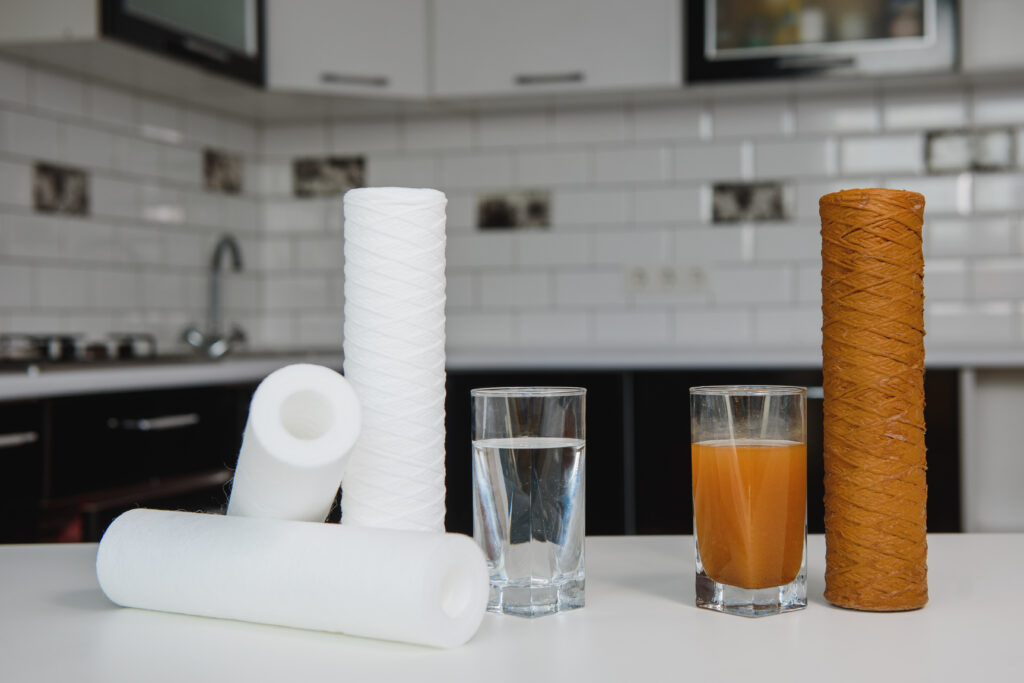
Why Clean Water Matters
Clean water is vital for good health. It helps your body function properly by supporting digestion, flushing out toxins, and keeping your skin healthy. Without it, staying hydrated could become risky, and your immune system would have a harder time protecting you.
Drinking contaminated water can lead to serious health problems. Harmful bacteria and viruses can cause illnesses like diarrhea, cholera, and typhoid. Over time, heavy metals like lead and mercury can damage your organs, and chemicals such as pesticides can mess with your hormones and lead to chronic health issues.
Some common contaminants in water include:
- Bacteria and viruses that can cause infections and stomach problems.
- Heavy metals like lead, mercury, and arsenic, which can harm your body.
- Pesticides and chemicals from farming, which can affect your health over time.
Clean, safe water is essential, not just for drinking but also for cooking and cleaning. It’s one of the simplest ways to keep your family healthy and protected.
Check out this CDC guide on how to choose the best home water filter.
Benefits of Using a Water Purifier
Removes Harmful Contaminants
Water purifiers are great for getting rid of harmful stuff like bacteria, viruses, and chemicals that can end up in your water. These things can make us sick, but using a purifier helps ensure your water is clean and safe for you and your family.
Improves Taste and Smell
Ever notice that your tap water has a weird taste or smell? It’s not just you! Things like chlorine or sulfur can make your water less enjoyable. A water purifier removes these impurities, leaving you with water that tastes and smells fresh. It makes drinking more water so much easier.
Cuts Down the Risk of Waterborne Illnesses
Contaminated water can carry dangerous germs that cause illnesses like diarrhea, cholera, or typhoid. These diseases can be especially risky for kids and older adults. A water purifier helps eliminate these harmful germs, giving you peace of mind that you’re drinking water that’s safe and clean.
Save Money with a Water Purifier
A water purifier is a much more affordable option than constantly buying bottled water. While bottled water might feel convenient at first, the costs add up quickly. A water purifier is a one-time investment with low maintenance, and it gives you fresh, clean water right from your tap. Over time, you’ll save a lot of money and always have purified water when you need it.
Help the Environment
Another great benefit of using a water purifier is that it reduces plastic waste. Every time you buy bottled water, you’re contributing to the growing problem of plastic waste in landfills and oceans. By using a water purifier, you can stop using single-use plastic bottles and lessen your impact on the environment. It’s an easy way to help protect the planet.
Keep the Good Stuff
Water purifiers remove harmful contaminants, but many also keep the essential minerals like calcium and magnesium. These minerals are important for your bones and overall health. Some filtration methods take these minerals out, but a good water purifier leaves them in, ensuring that you’re drinking water that’s not just clean, but also healthy for you.
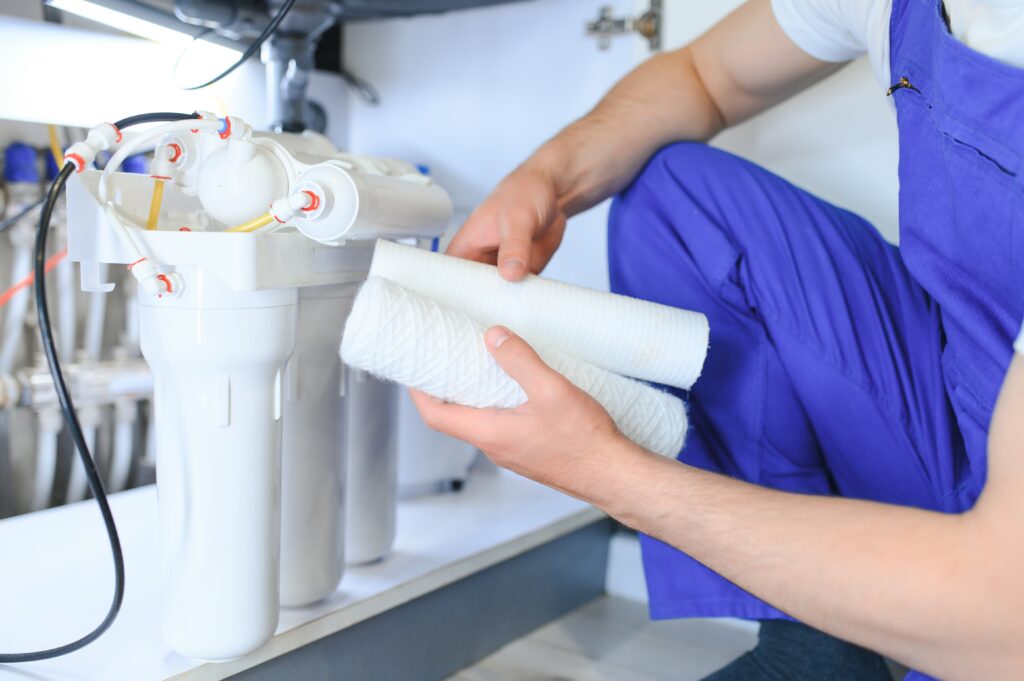
Types of Water Purifiers and Their Features
Choosing the right water purifier can seem tricky, but understanding the different types can make it easier. Each one has its own way of filtering water, so knowing what fits your needs best will help you make the right choice.
RO (Reverse Osmosis) Purifiers
RO purifiers are popular because they do a great job removing a wide range of impurities like heavy metals, bacteria, and salts. They’re perfect for areas with contaminated water. One downside is that they tend to waste some water during the filtration process, but they’re really effective at making your water safe to drink.
UV (Ultraviolet) Purifiers
UV purifiers use ultraviolet light to kill harmful bacteria, viruses, and other microorganisms by messing with their DNA. These are great for sterilizing water, but they don’t remove bigger impurities like dirt, heavy metals, or chemicals. If your water is already pretty clean and you just need to make sure it’s free of germs, UV purifiers are a good option.
UF (Ultrafiltration) Purifiers
UF purifiers use filters with larger pores compared to RO filters. They can remove bacteria and viruses but leave essential minerals like calcium and magnesium in the water. These are great if you want cleaner water without losing the good minerals, and they waste less water than RO purifiers.
Activated Carbon Filters
Activated carbon filters use charcoal to absorb things like chlorine, pesticides, and some heavy metals. They’re great for improving the taste and smell of your water but don’t remove things like salts or germs. These are ideal if your tap water is mostly clean but has an odd taste or odor.
Watch this video on how water filters work to see these systems in action.
Key Features to Think About When Choosing a Water Purifier
When you’re picking a water purifier, there are a few key things to keep in mind:
- Filtration Capacity: Consider how much water your household uses daily, and choose a purifier that can handle that amount.
- Maintenance: Some purifiers need regular filter changes or upkeep. Pick one that fits your schedule and how much time you want to spend on maintenance.
- Water Wastage: If you want to conserve water, look for purifiers like UF or activated carbon filters that waste less.
- Mineral Retention: Some purifiers, especially RO ones, remove beneficial minerals along with harmful ones. If this is a concern, look for filters that keep those good minerals in your water.
- Cost: Finally, think about your budget. While a water purifier is an investment, you’ll want to make sure it fits both your initial cost and long-term maintenance costs.
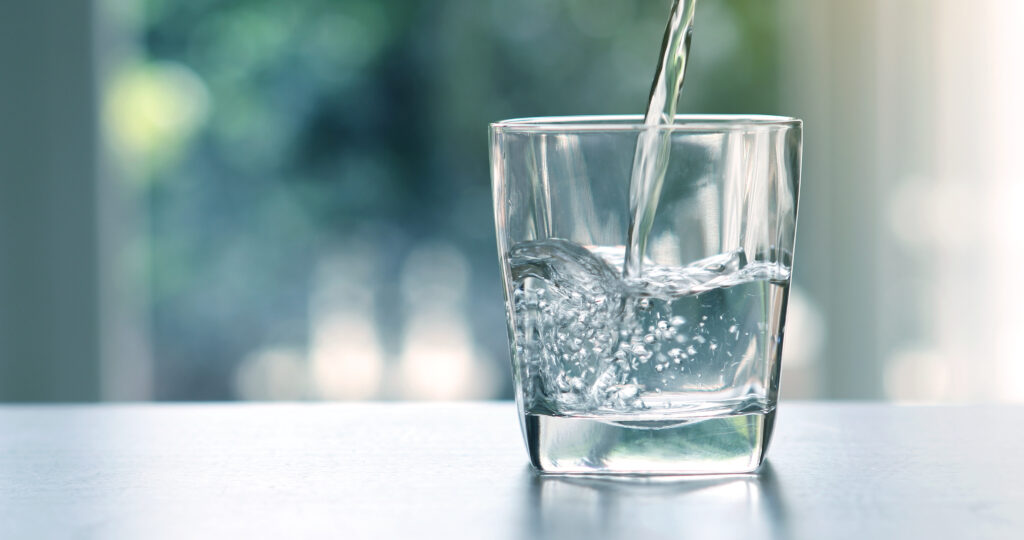
Extra Health and Lifestyle Benefits
Better-Tasting Water Makes You Drink More
Let’s face it, water can sometimes taste a bit dull. If your tap water has an odd taste or smell, it can be hard to drink enough throughout the day. A water purifier can improve the taste and smell, making it more enjoyable to drink. When your water tastes better, you’re more likely to stay hydrated, which is great for your overall health, energy, and even your skin.
Clean Water for Cooking and Washing Fruits and Veggies
Water isn’t just for drinking, it’s also important for cooking and cleaning. Whether you’re boiling pasta, washing fruits, or rinsing vegetables, having purified water means you’re not adding harmful chemicals or bacteria to your meals. With a water purifier, you can be sure your water is clean, so your food is safer and healthier.
Convenient Access to Clean Water at Home
One of the best things about having a water purifier is how easy it makes getting clean water. Instead of buying bottled water or using a filtered pitcher, you can get fresh, purified water straight from your tap whenever you need it. Whether you’re making coffee, filling a water bottle, or just satisfying your thirst, it’s all right there, hassle-free. Plus, it’s perfect for when you’re hosting guests or just making a quick meal for yourself.
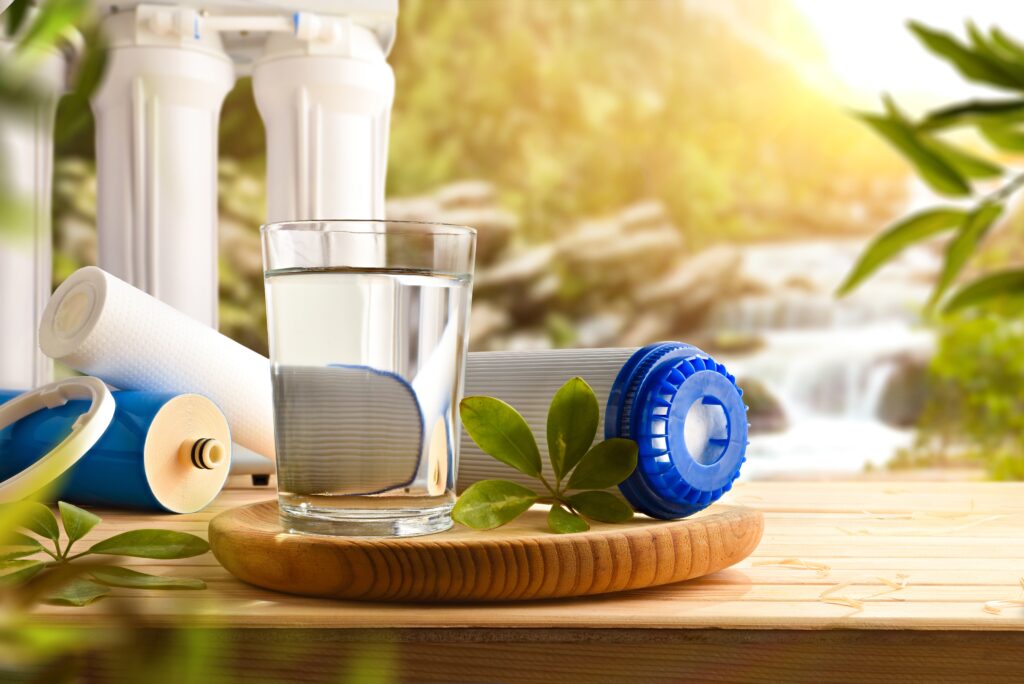
How to Choose the Right Water Purifier
Choosing the right water purifier for your home doesn’t have to be complicated. By keeping a few important things in mind, you can make a smart decision that fits your needs. Here’s how to get started:
Water Quality
The first thing to think about is the quality of the water in your area. If your tap water has a lot of impurities like chemicals or metals, you’ll likely need a more advanced system, such as a Reverse Osmosis (RO) purifier. If the water is relatively clean but has a bad taste or smell, a simpler filter, like a UV or activated carbon filter, might be enough. You can even test your water to see exactly what needs to be filtered out, which will help you choose the best purifier for your needs.
Household Needs
Consider how much water your household uses daily. If you have a larger family, you’ll need a purifier that can handle more water. Smaller households don’t need a system as large. Also, think about what you’ll use the purified water for, whether it’s just drinking or if you’ll be using it for cooking, cleaning produce, or filling your pets’ water bowls. Make sure the purifier has enough capacity to meet all your needs.
Budget
Water purifiers vary widely in price, from affordable countertop models to more expensive whole-house systems. While it’s important to stay within your budget, remember that a good purifier is an investment in your health. Don’t just focus on the initial cost; also think about long-term expenses, like replacing filters and occasional servicing. The right purifier is one that fits your budget while still offering great performance.
Regular Maintenance is Important
Even the best water purifiers need a little attention to keep working properly. Regular maintenance, such as changing filters, cleaning the system, and checking for any buildup, helps keep your water safe and clean. Some purifiers are low-maintenance, while others need more care. Be sure to follow the manufacturer’s maintenance guidelines to ensure your system stays in good condition. It might take a bit of effort, but knowing your water is clean and safe makes it all worth it.
Why You Should Get a Water Purifier for Your Home
Adding a water purifier to your home is an easy way to make sure you and your family have access to clean and safe water. It can remove harmful substances, improve taste, and help prevent waterborne illnesses. Plus, it saves you money on bottled water, cuts down on plastic waste, and keeps healthy minerals in your water.
When choosing a water purifier, consider the quality of your water, how much your family uses, and what fits your budget. With the right one, you’ll always have clean water for drinking, cooking, or washing produce.
Investing in a water purifier is a smart choice for your health, and with regular upkeep, it will keep providing you with fresh, clean water for years to come.
If you want to dive deeper into how water pollution can affect human health, we recommend reading our article on How Water Pollution Affects Human Health. Understanding the risks associated with water contaminants is essential for making informed decisions about using water purifiers at home.
FAQs
1. Do I really need a water purifier if my tap water seems fine?
Even if your tap water looks and tastes fine, it could still have contaminants like chlorine, lead, or bacteria that you can’t see. A water purifier helps make sure your water is actually safe to drink. If you’re worried about water quality, testing it is a good idea to know for sure.
2. What’s the difference between RO, UV, and UF purifiers?
- RO (Reverse Osmosis) is great for removing a wide range of contaminants like salts, metals, and bacteria.
- UV (Ultraviolet) kills germs with UV light, but doesn’t remove larger particles.
- UF (Ultrafiltration) filters out bacteria and viruses but keeps helpful minerals.
Each type is good for different water issues, so pick one that fits what you need.
3. How often should I replace the filters in my water purifier?
It depends on the type of purifier and how much you use it. Generally,
- RO filters need changing every 6 to 12 months.
- UV lights should be replaced once a year.
- Carbon filters last about 3 to 6 months.
Check the manufacturer’s instructions for the best maintenance schedule.
4. Can a water purifier remove all bacteria and viruses from my water?
A good purifier, especially ones with UV or RO technology, can remove most harmful bacteria and viruses. If you’re worried about specific waterborne diseases, make sure to choose a purifier that targets those particular issues. Always check the details to be sure it fits your needs.
5. Are water purifiers expensive to maintain?
Water purifiers don’t cost much to maintain. While the initial price can vary, replacing filters and doing basic upkeep is fairly inexpensive. Plus, you’ll save money by not buying bottled water, and you’ll enjoy cleaner, safer water.
6. How can I know if my water purifier is working properly?
Most purifiers have indicators that let you know when it’s time to replace the filters. Regularly maintaining it and occasionally testing the water can also help make sure it’s working well. If you notice any changes in taste or quality, it might be time to check your system.
7. Can I install a water purifier myself, or should I hire a professional?
Many water purifiers are easy to install with step-by-step instructions, so you might be able to do it yourself if you’re comfortable with DIY projects. However, if the system is more complicated or you’re unsure, hiring a plumber can help ensure everything is installed correctly.
8. Are there water purifiers for every budget?
Yes! There are water purifiers available at all price points. From budget-friendly countertop models to mid-range under-sink systems and even high-end whole-house purifiers, you can find one that suits both your needs and your budget.
9. Can a water purifier help with hard water?
Yes, some purifiers can help with hard water, which has high levels of calcium and magnesium. Reverse osmosis (RO) systems can reduce the hardness, though they might not fully eliminate it. If you have hard water, consider using a water softener alongside your purifier for the best results.
10. Is it safe to drink water from a purifier that has been sitting in the tank for a while?
As long as your purifier is regularly maintained, the water should be safe to drink. If the water has been sitting in the purifier for a while, it’s a good idea to flush it out before using it. Keeping up with cleaning and replacing filters helps keep the water fresh and free of bacteria.





